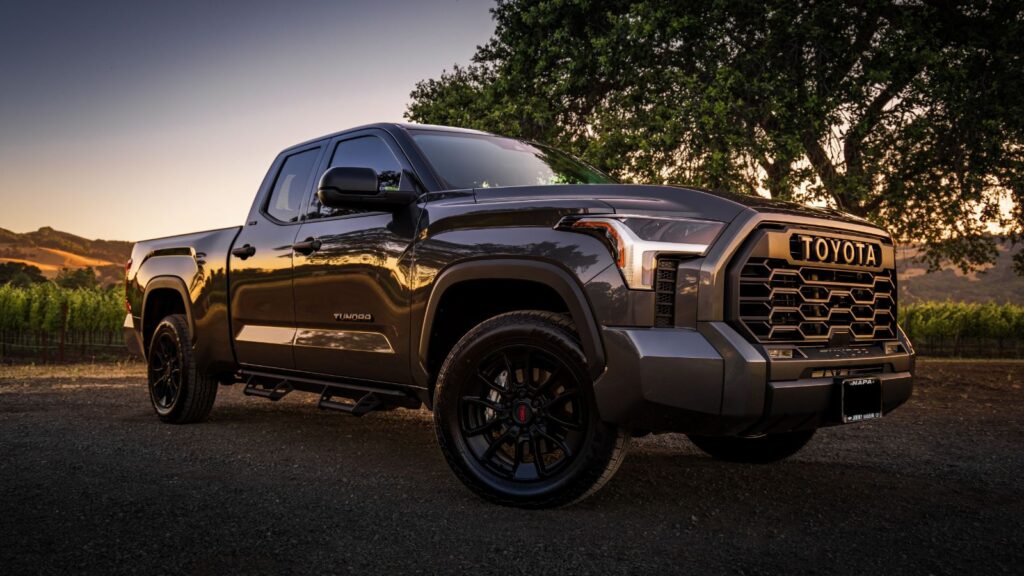Guns are serious business, and even the most seasoned gun owners can slip up now and then. A few common mishaps might seem small but can have big consequences, whether you’re cleaning your piece or hitting the range. Here are 18 typical blunders every gun owner must avoid and why.
Skipping the Clean-Up
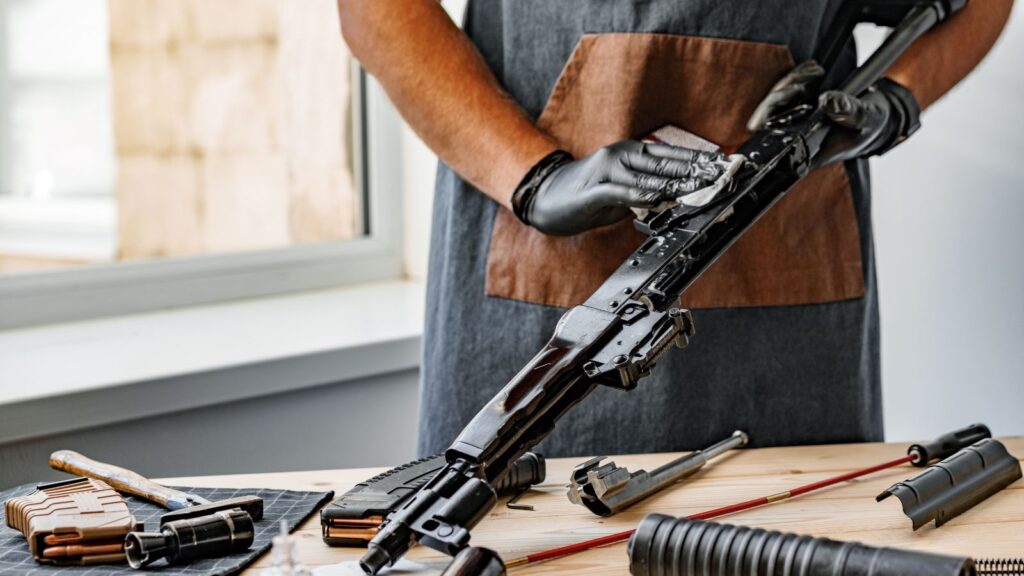
Your gun is like a high-performance car, meaning it needs regular tune-ups. If you let grime and gunk build up, your firearm might not perform as well as it could, or worse, it could break. Make it a habit to give your gun a good scrub after each use so you know it will work flawlessly at the range or when you really need it.
Loosey-Goosey Storage
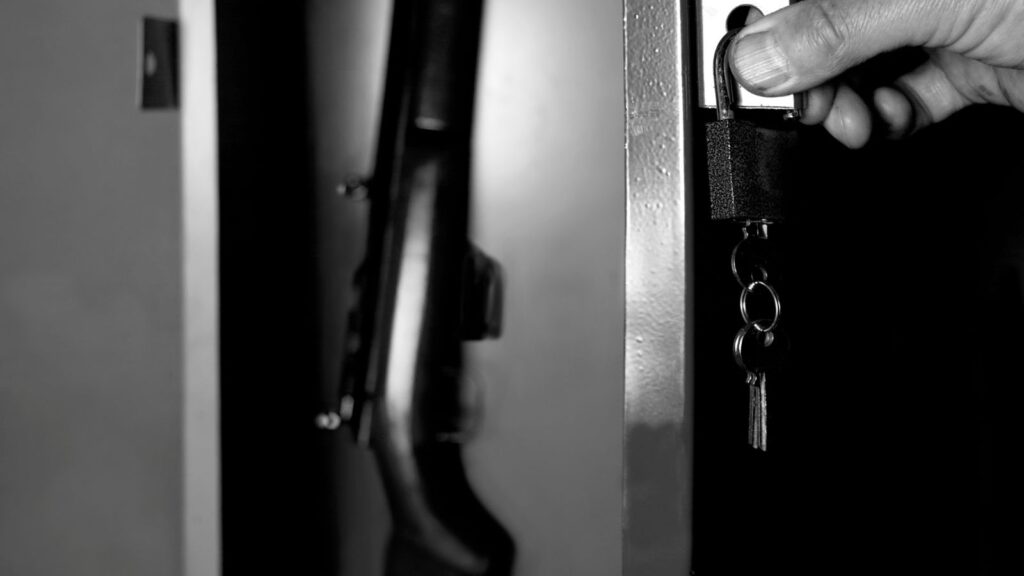
You should never store your gun as though it’s just another tool in the shed. An unsecured gun can be a recipe for disaster, especially if curious kids or burglars get their hands on it. Invest in a solid gun safe or consider trigger locks to keep your firearms under lock and key. Don’t be one of the many Americans storing their firearms incorrectly.
Forgetting Your Gear
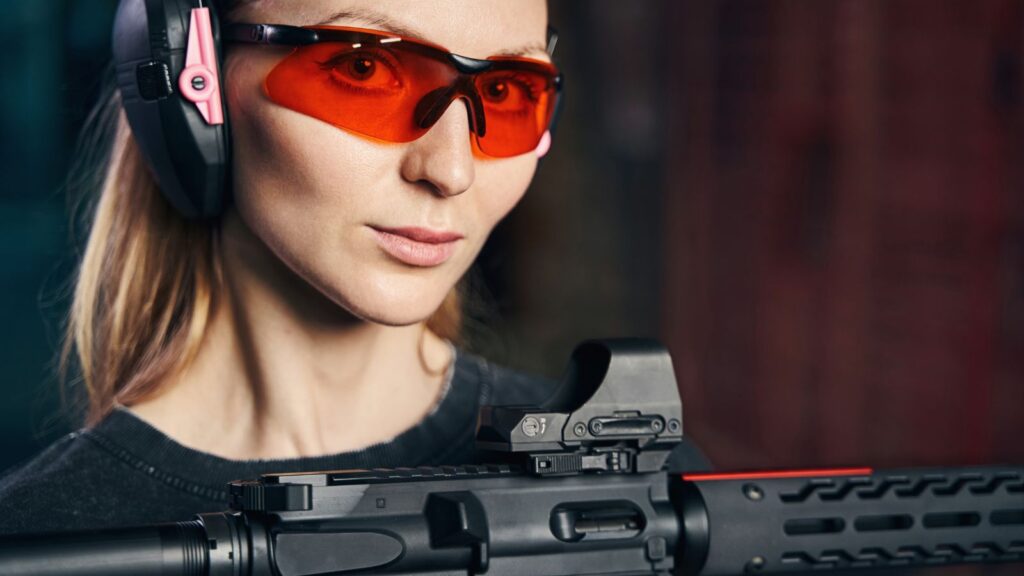
Shooting without safety glasses and ear protection is just asking for trouble. Those little casings can fly anywhere, and guns can cause a lot of damage to your ears, so make it a normal part of your routine to wear protective eyewear and earplugs. This way, you’ll keep shooting safely for years to come.
Trigger Happy Fingers
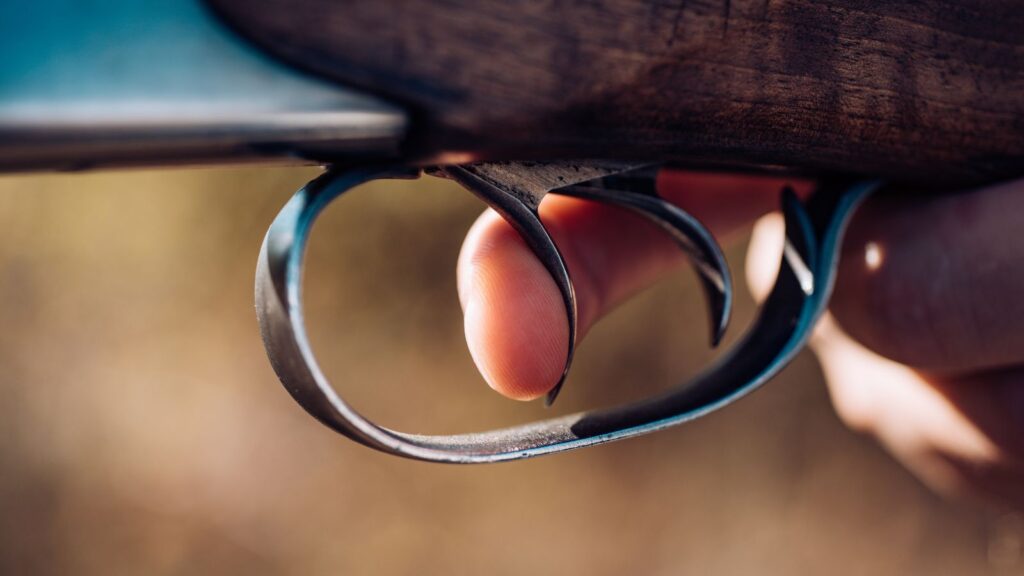
Resting your finger on the trigger might feel natural, but it’s far too easy to accidentally discharge your gun. Keep your finger off the trigger until you’re ready to shoot. Doing so will allow you to stay in control and avoid any mishaps that might come from premature firing. Discipline is the name of the game.
Zoning Out
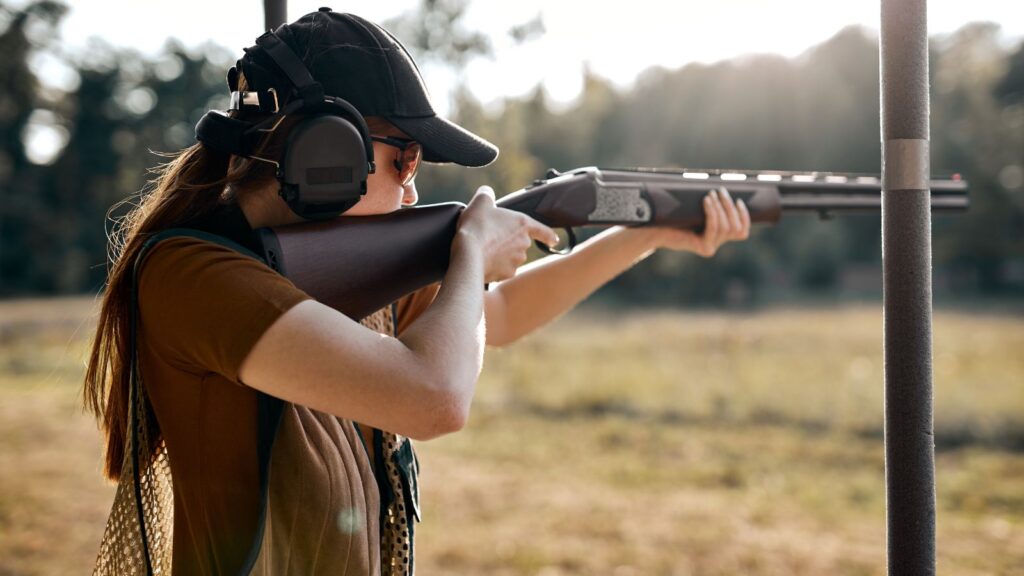
When handling a gun, zoning out is not an option, and you should always be aware of your surroundings and where your gun is pointing. Even the shortest lapse in attention can cause serious accidents, so keep your head in the game. It’ll give you control over the situation and also reduce the risk of accidentally harming yourself or others around you.
Overconfidence Overload
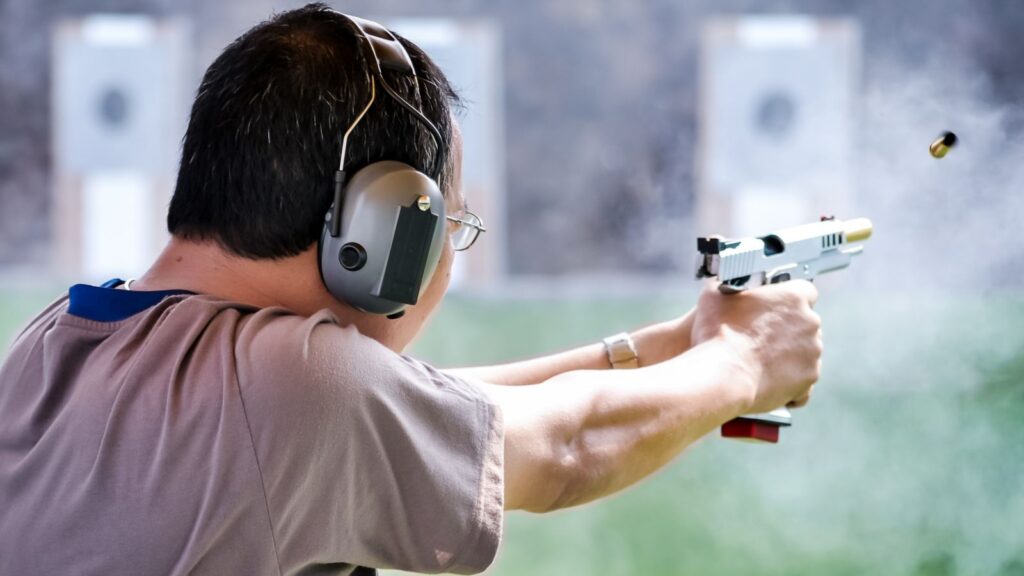
If you’ve been shooting for years, that’s great, but don’t let it get to your head. Even the pros stick to the basics because they know that ignoring simple safety measures can cause big problems. Stay humble, and follow all the safety protocols every time, no matter how skilled you are.
Practice Makes Perfect
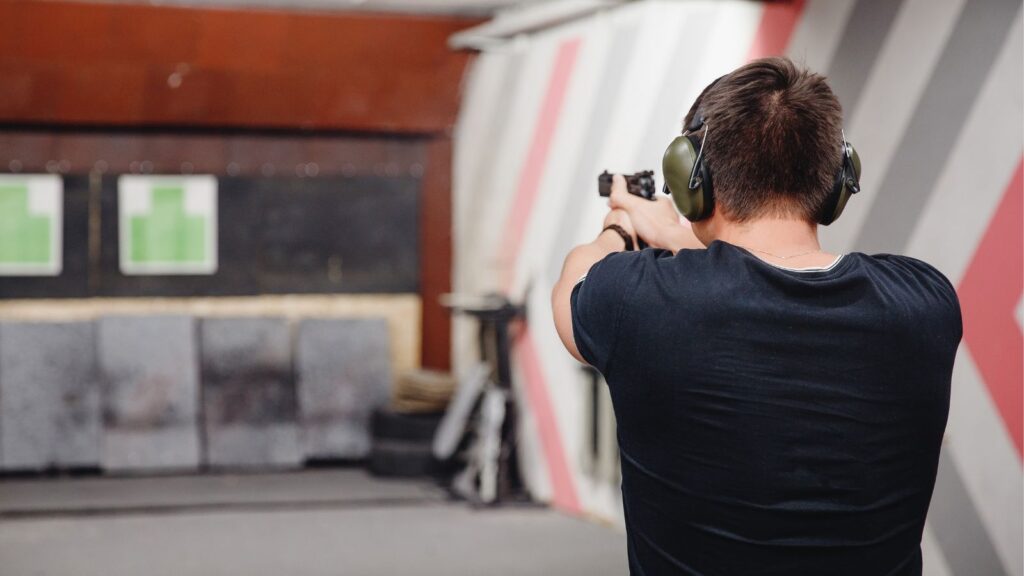
Similarly, you must hit the range often, or your skills and safety habits might get a bit rusty. Regular practice keeps your shooting sharp and your understanding of safety on point. It’s just like any skill: the more you do it, the better and safer you’ll be. You’ll also get muscle memory for all the right moves.
Holster Havoc
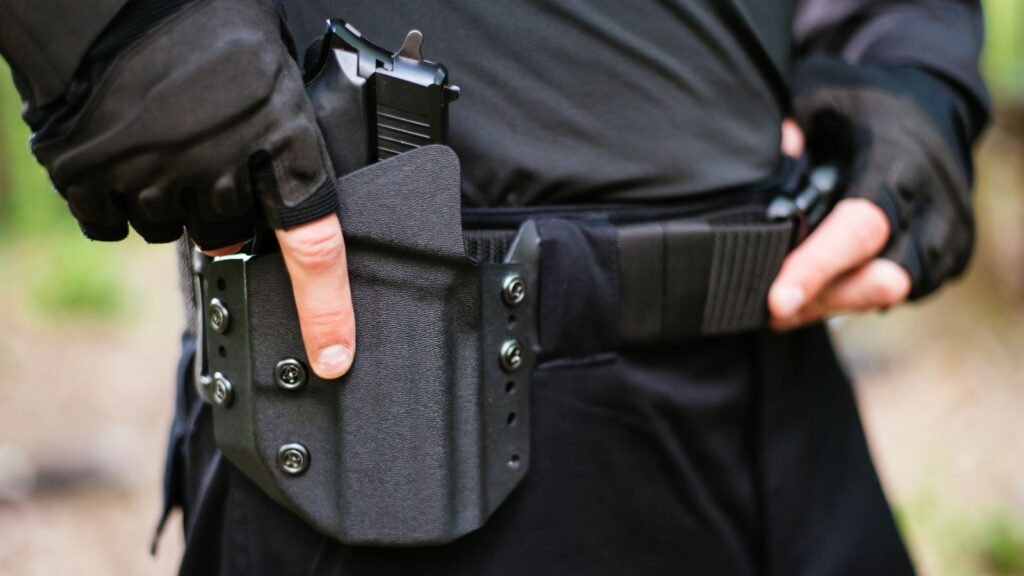
A bad holster can be pretty dangerous, as a flimsy holster might let your gun slip or accidentally pull the trigger. You should spend a bit extra on a high-quality holster that fits your gun properly, and it’s worth every penny to avoid a mistake. You’ll keep your firearm secure and know you can draw it without any issues.
Ammo Mix-Ups
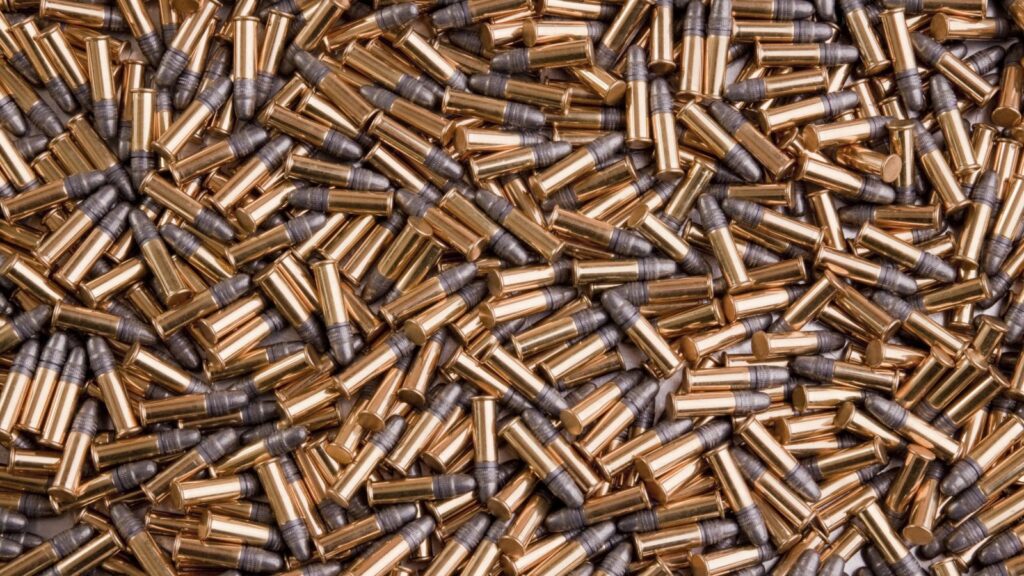
Every gun has a specific kind of ammo to use, and for good reason. Using the wrong type or size can damage your gun or even cause a malfunction. As such, you should double-check your ammo to ensure it fits your gun before loading up. If you don’t, there’s no guarantee you’ll have a safe or enjoyable shooting experience.
Know Your Weapon
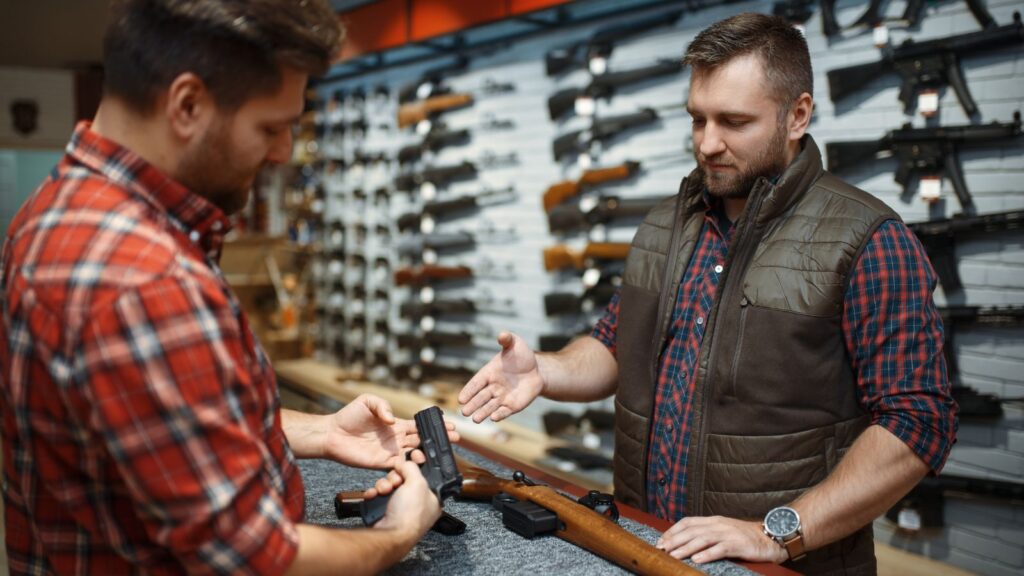
Each firearm has its own set of features and safety mechanisms, and not knowing your gun inside and out can be a big mistake. You should take the time to read the manual and get familiar with your firearm’s features so you’ll know how to react in different situations. After all, using a gun at the range isn’t the same as using it for personal defense.
Clear Communication
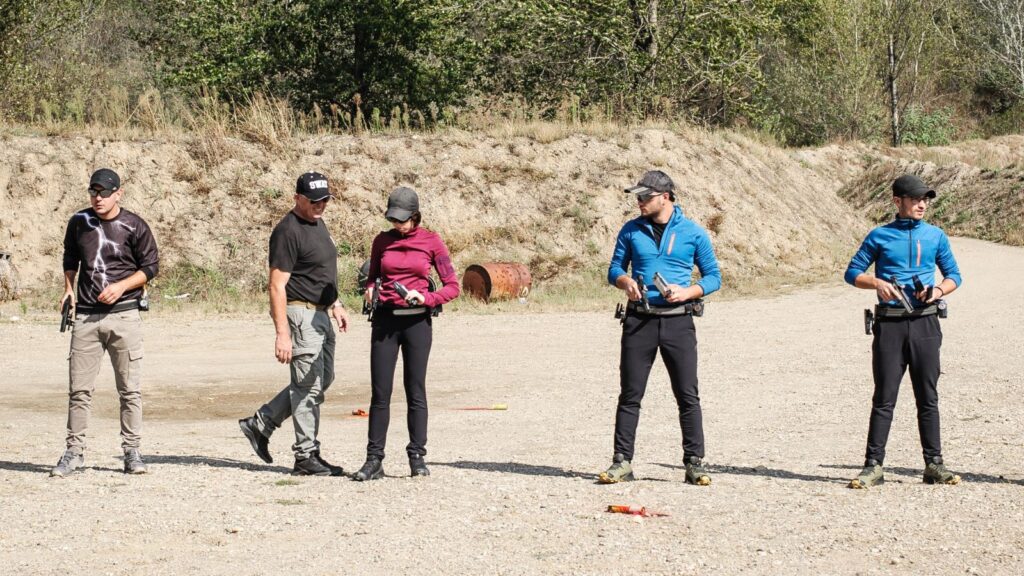
If you’re shooting with friends, ensure everyone’s on the same page. Clear communication prevents accidents by ensuring everyone knows when it’s safe to fire and when to hold fire. Just a simple “Ready?” or “All clear?” can prevent a lot of confusion and potential accidents by ensuring everyone’s coordination.
Weather Watch

Shooting on a windy day or when the weather’s acting up can affect your shot and safety, meaning you should be mindful of the conditions. If things seem iffy, change your plans because it’s better to reschedule than risk a shot going astray. Do you really want a strong gust or bad lighting to cause you problems?
Law Abiding Citizen
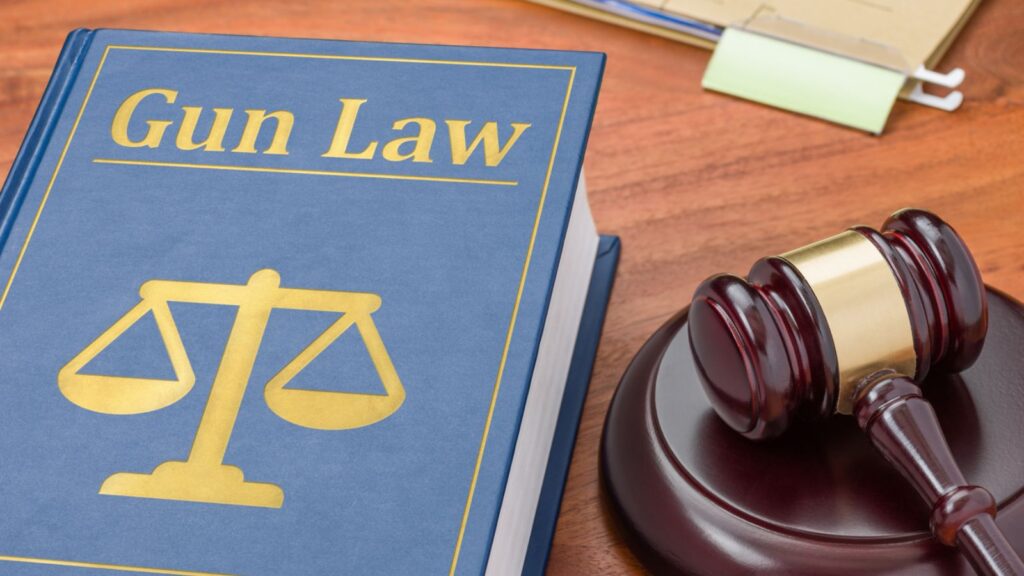
Gun laws are as different as the states themselves, and staying ignorant is more risky than it’s worth. Ensure you’re up to speed with the local laws wherever you are to avoid any trouble, especially since knowing the law is part of responsible gun ownership. It’s really not up for debate.
Disassembly Dangers
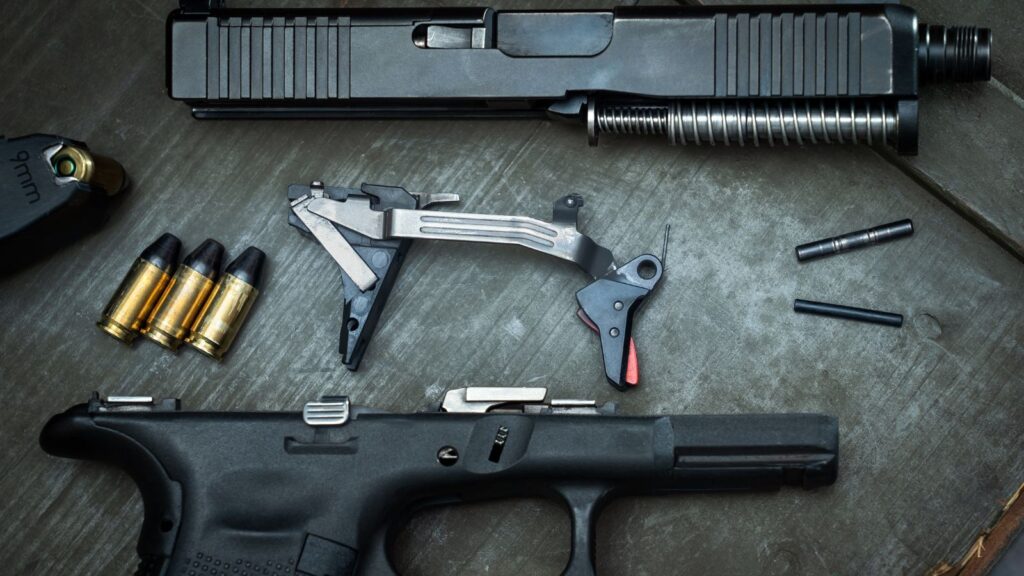
You might not realize it, but taking apart your gun incorrectly can cause serious damage or even make it unsafe. If you want to clean or maintain your gun, make sure you learn the proper way to disassemble and reassemble it. Doing so will also mean your firearm will last for longer and maintain its value over time.
Managing the Kickback
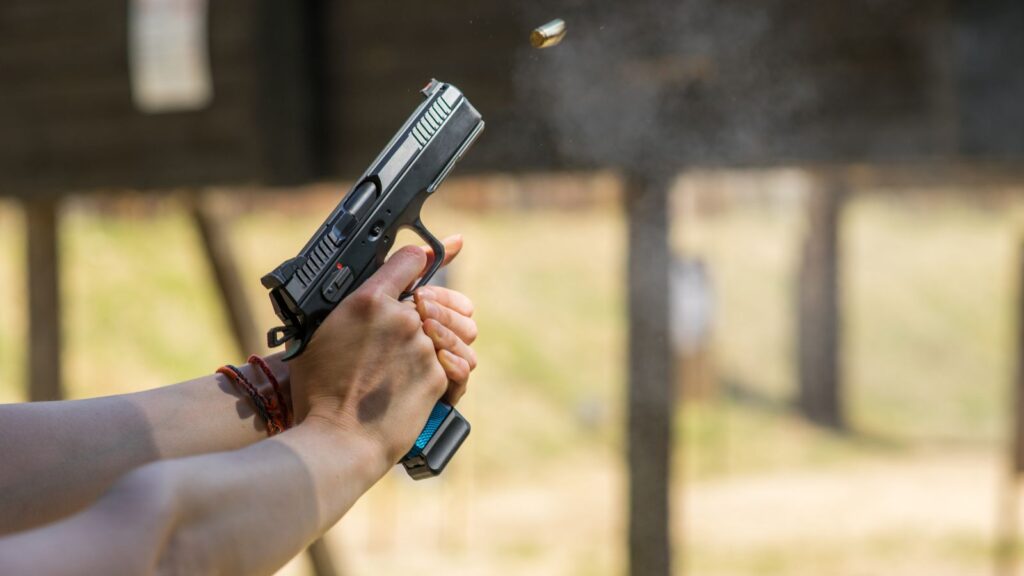
Recoil can be difficult to manage, but handling it properly keeps you in control and your shots accurate. Practice the proper stance and grip to manage your gun’s recoil, as it’ll make a big difference in your shooting technique. Good recoil management will also make you more confident and comfortable when you’re shooting.
Check It Before You Wreck It
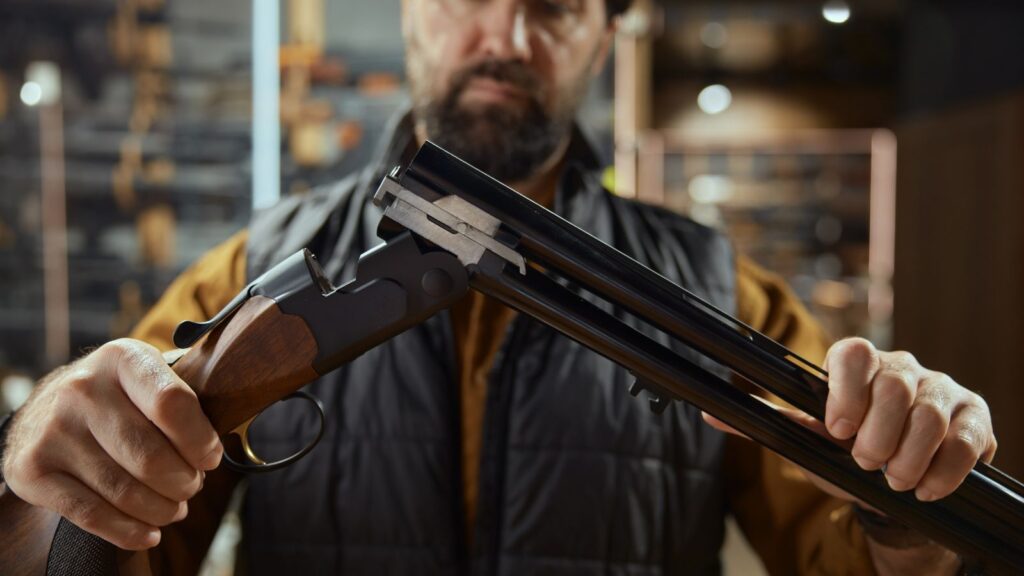
Anyone thinking of firing a damaged gun is almost guaranteed to have issues, so you should always give your firearm a thorough check for signs of wear or damage before you use it. If something looks off, it probably is. It’s far better to get it fixed than deal with the consequences of a malfunction, which can end up being deadly.
Safety First, Always
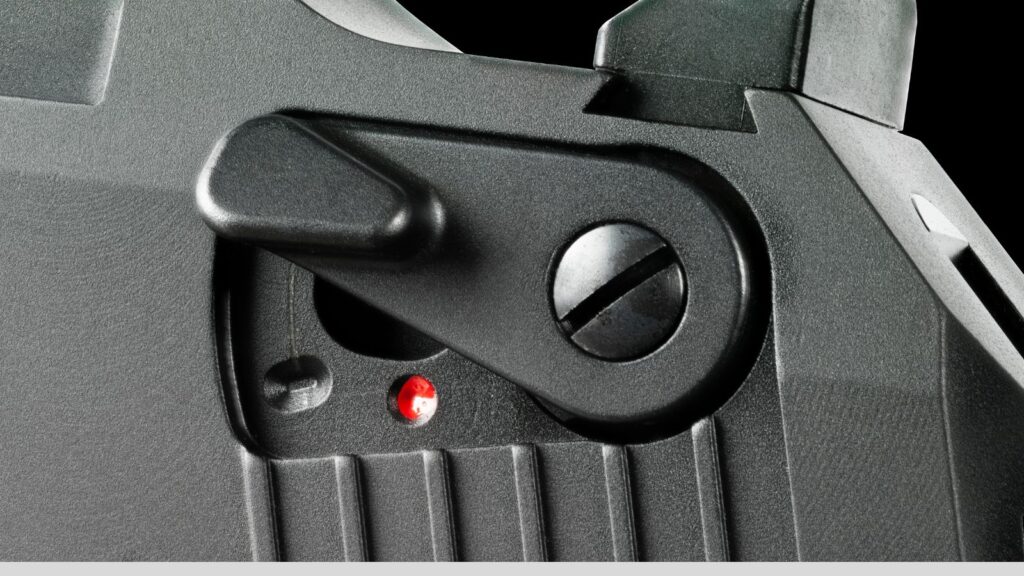
Unfortunately, relying solely on your gun’s safety switch isn’t enough. You should treat every gun as if it could fire at any moment. Even if the safety is on, thinking this way will make safety habits second nature for you. You really don’t know what could happen, so it’s better to be safe than sorry.
Know Your Limits
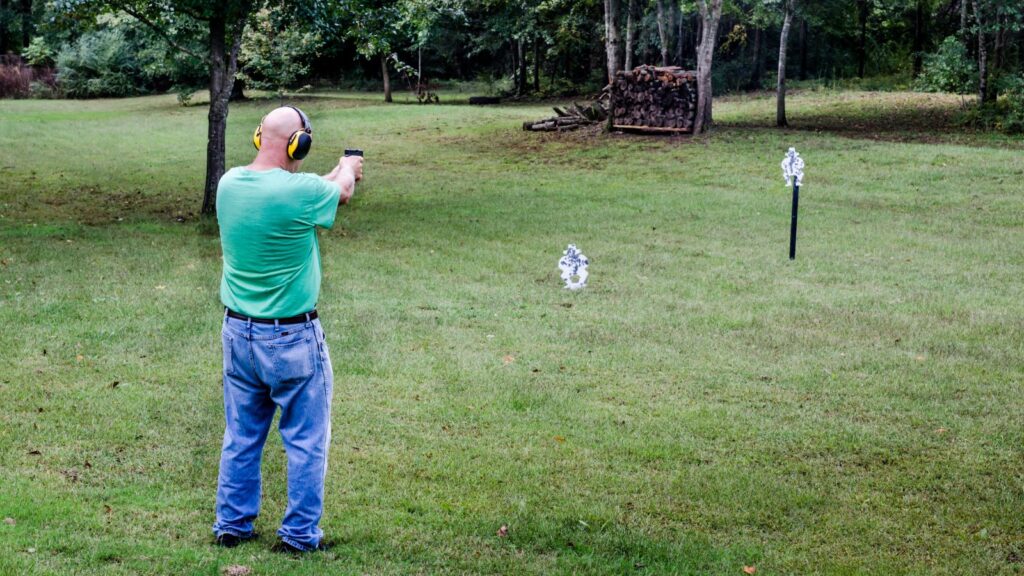
Not every gun is right for every shooter, and as such, you should use firearms that match your current skill level. If you’re a beginner, you can upgrade to something more advanced once you get more comfortable and skilled. Starting with a gun you can handle comfortably will make the learning process faster and also safer.
19 Grim Realities of Dating After 50 That Are Often Overlooked

19 Grim Realities of Dating After 50 That Are Often Overlooked
26 Things That Will Be Extinct Because Millennials Refuse to Buy Them

26 Things That Will Be Extinct Because Millennials Refuse to Buy Them
24 Outdated Slang Terms You Absolutely Shouldn’t Be Using Anymore

24 Outdated Slang Terms You Absolutely Shouldn’t Be Using Anymore
25 Hardest Parts About Getting Older That No One Ever Talks About

25 Hardest Parts About Getting Older That No One Ever Talks About




